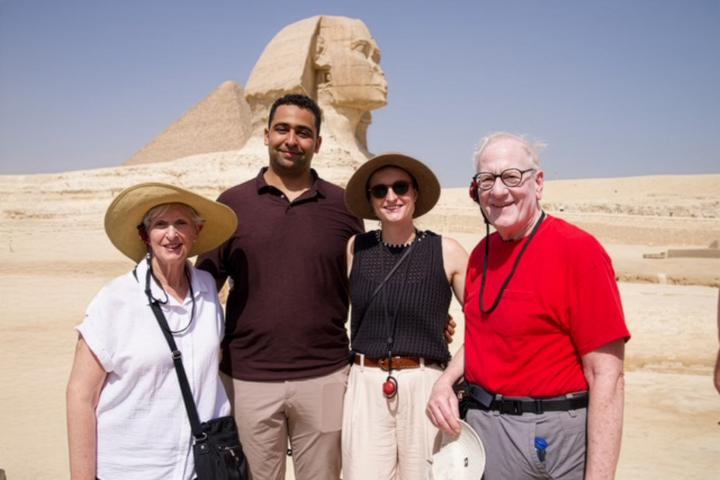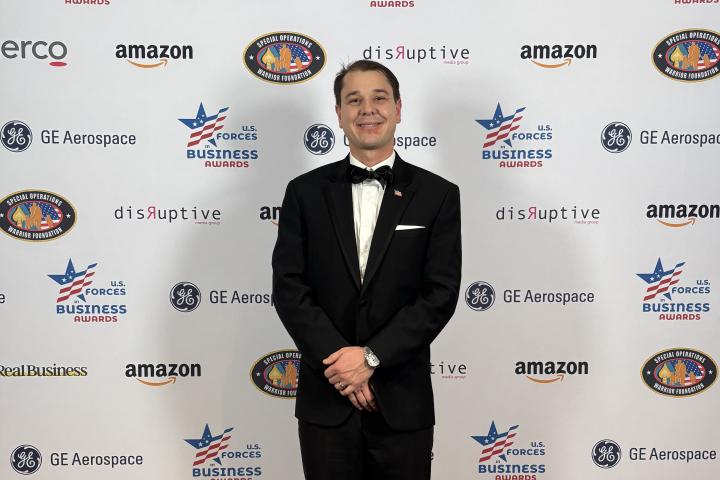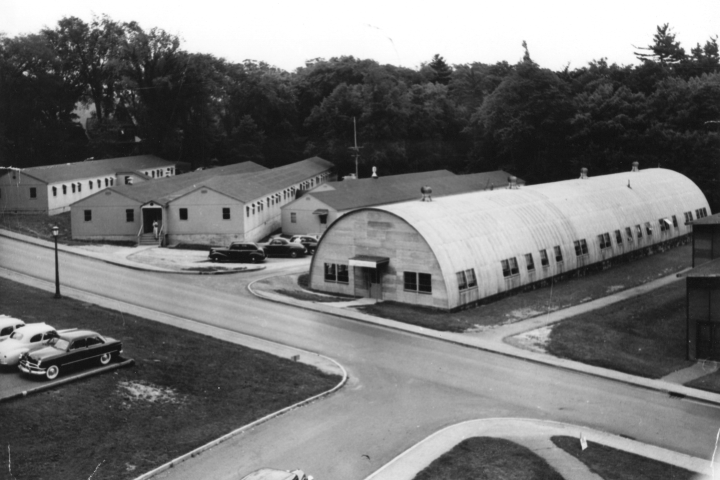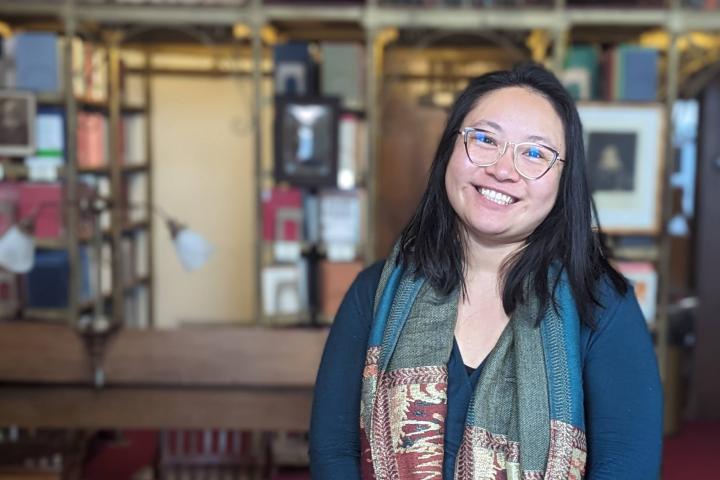The ILR School’s 2026 Groat Award winner, Ken Kirschner ’75, has built a distinguished career as an employment and labor law practitioner who consistently gives his time, wisdom and guidance to those in need.
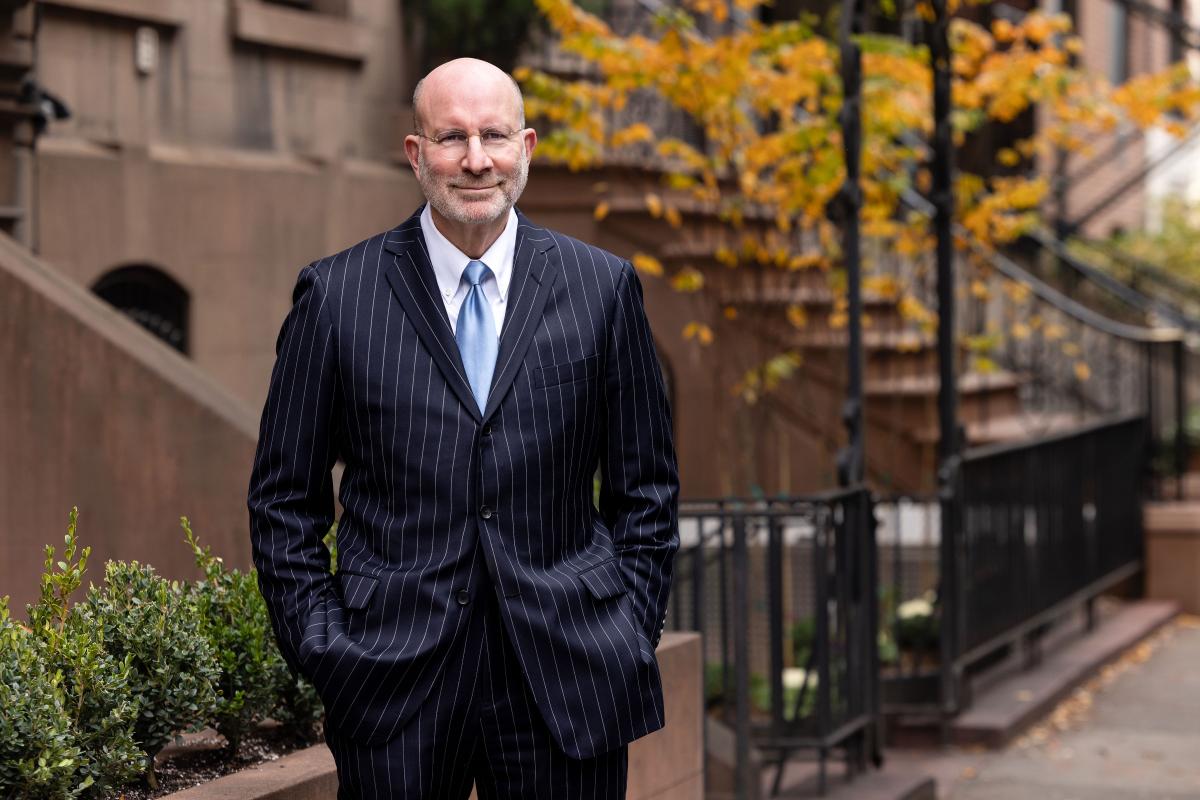
Alumni Stories
See moreILR Donors Make All the Difference
To Do the Greatest Good
The ILR community everywhere is continuing to do the greatest good. Each year, ILR alumni, parents and friends come together to support the ILR School to ensure all students have the resources they need to be successful. Each year, the school recruits and retains faculty who are outstanding educators and leading researchers.
Your gift helps ILR remain the preeminent school focused on work, employment and labor. ILR is proud to be developing the thought leaders and practitioners shaping the future of work, and your gift advances this mission.
Please read our ILR Case for Support here.
Connect with ILR
News
See moreEvents
Some of the most pressing issues facing low-wage immigrant workers of color in the United States include persistent forms of disrespect and abuses of power — situations that are the direct result of U.S. policies that produce and sustain poor working conditions and job instability. This topic is addressed in "Legalized Inequalities: Immigration and Race in the Low-Wage Workplace," a new book coauthored by ILR School researchers Kati L. Griffith, Shannon Gleeson, and Patricia Campos-Medina, and Darlène Dubuisson of the University of California, Berkeley. Drawing on interviews with over 300 Haitian and Central American low-wage workers in the U.S. and with more than 50 worker advocates, the researchers reveal how contemporary U.S. labor and employment law, immigration policy, and enduring racism work in tandem to keep workers’ wages low, lock them into substandard working conditions, and minimize opportunities for change. Join us as we discuss not only the crushing consequences of U.S. policy on low-wage immigrant workers of color but also the ways in which many of these workers reclaim their dignity in the face of these obstacles. Register Now! What You'll Learn How U.S. labor and employment laws and immigration regulations intersect in the work lives of immigrantsThe ways in which the legacies of legalized racism shape immigrant worker experiencesHow low-wage immigrant workers manage to improve their workplaces through individual and sometimes collective acts of resistanceWhat policy changes and organizing strategies can reshape the low-wage workplace Speakers: Kate L. Griffith Jean McKelvey-Alice Grant Professor and Senior Associate Dean for Academic Affairs, Diversity, and Faculty Development Cornell ILR School Shannon Gleeson Edmund Ezra Day Professor, Labor Relations, Law and History Cornell ILR School Patricia Campos-Medina Senior Extension Associate Faculty and the Executive Director of the Worker Institute Cornell ILR School Darlène Dubuisson Assistant Professor of Caribbean Studies University of California, Berkeley



